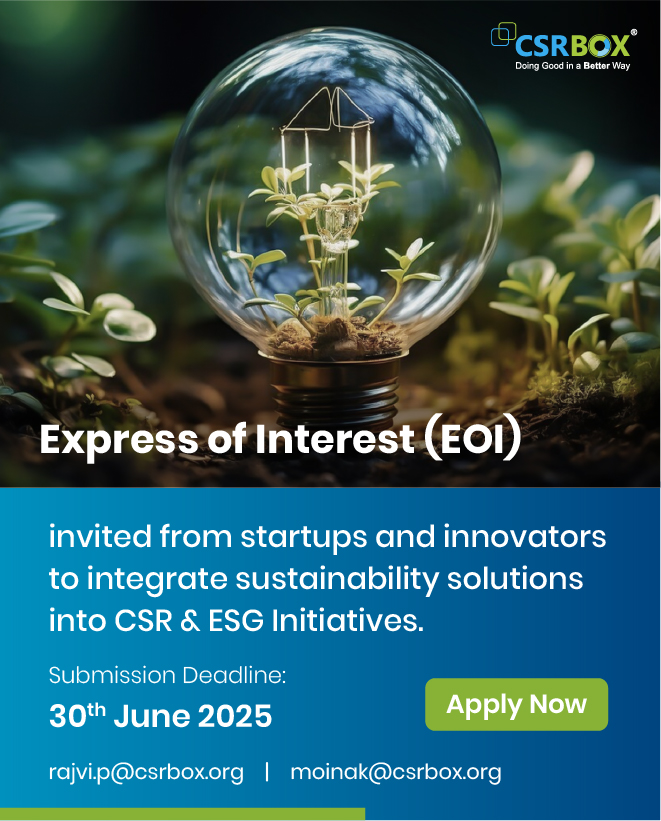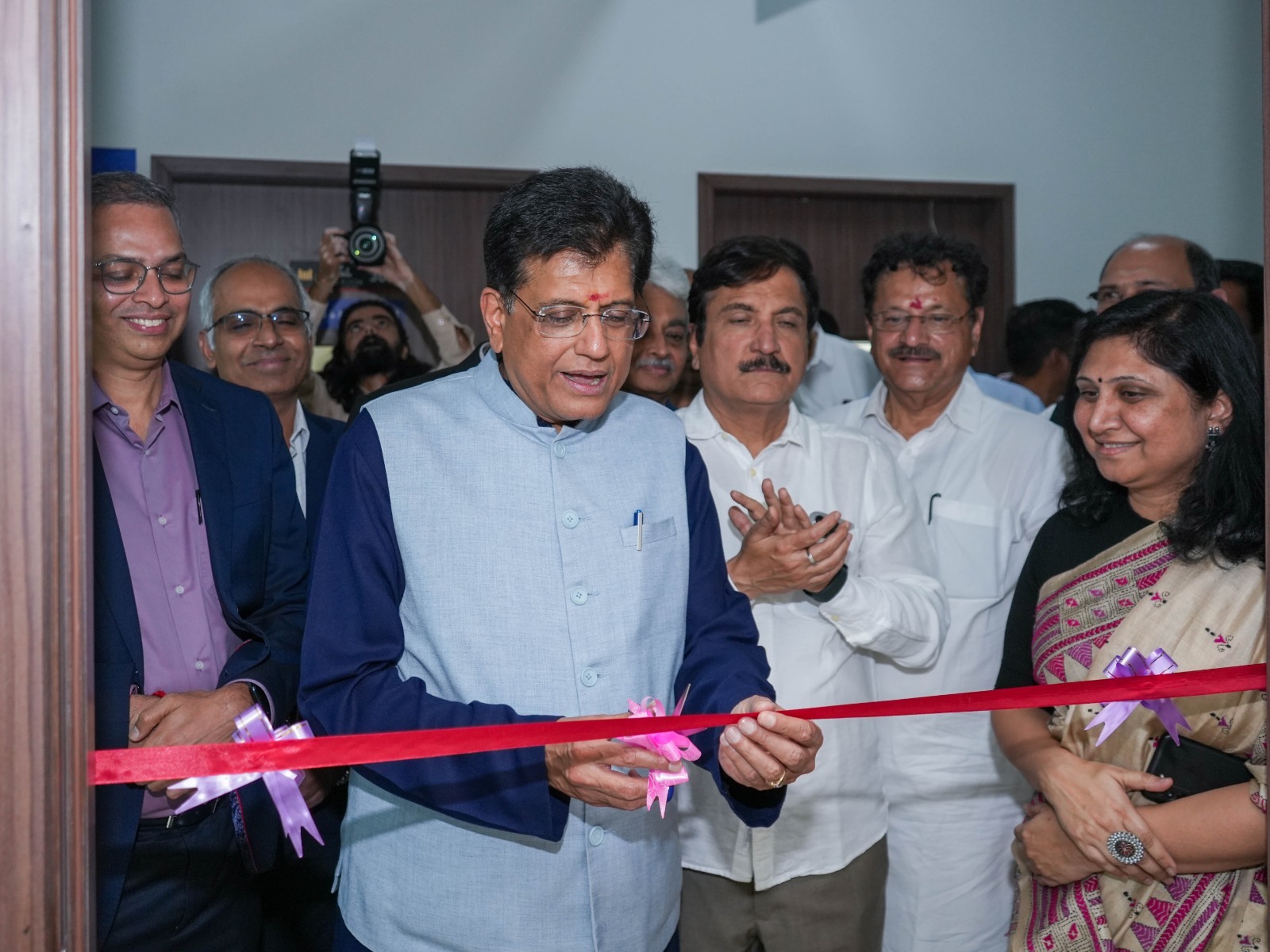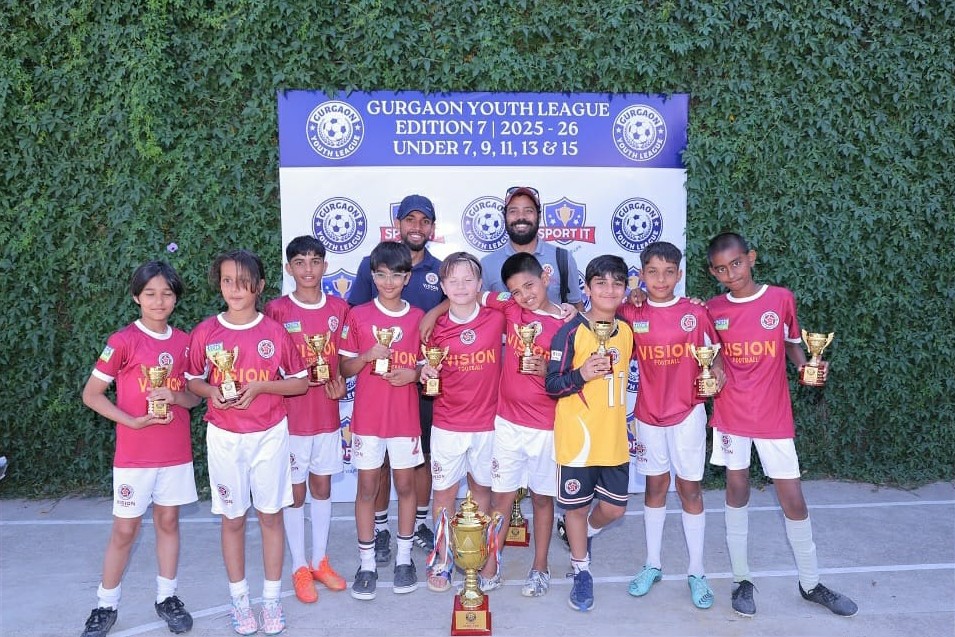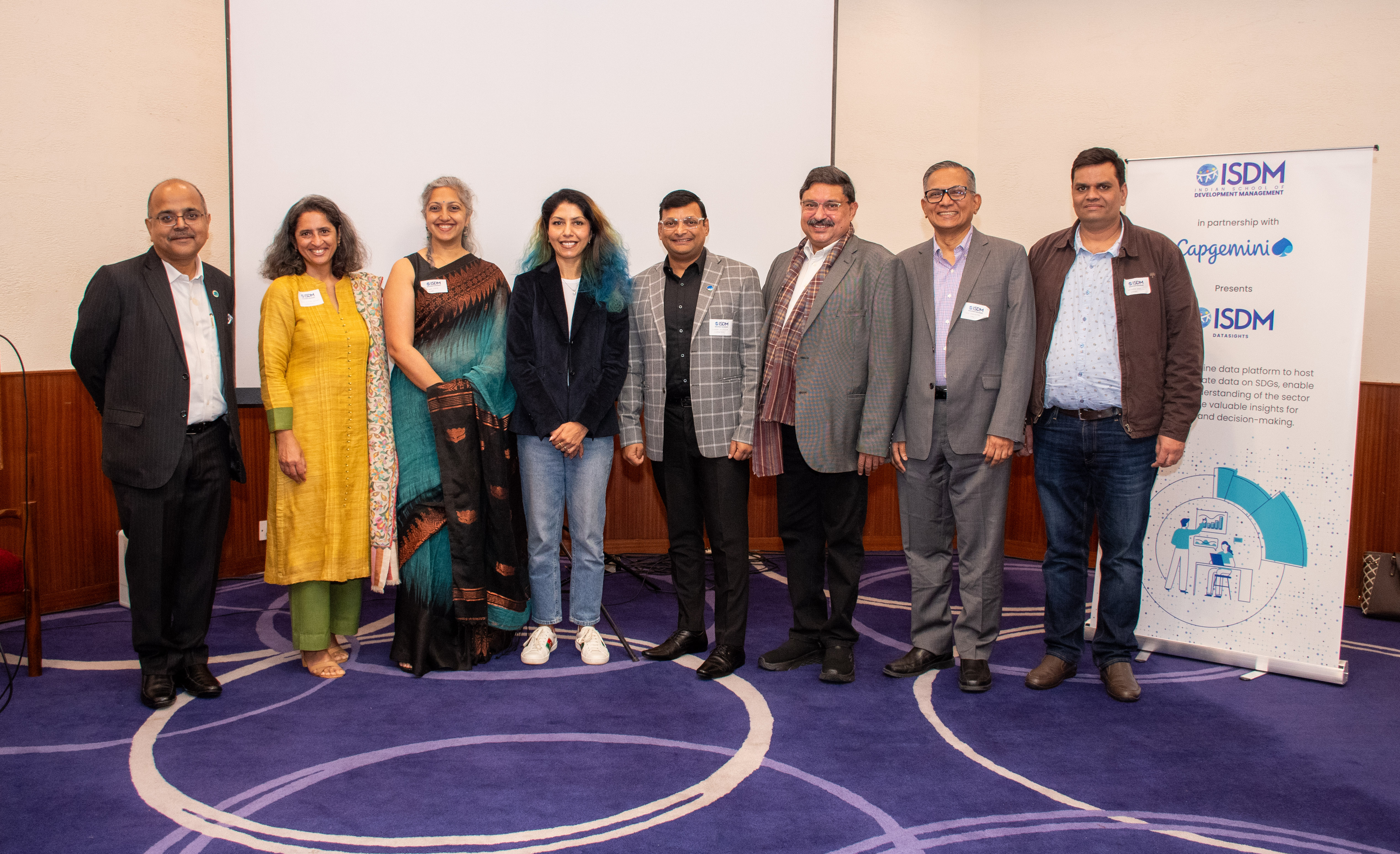Subscribe our Weekly Newsletter
Applications Invited for EREF Research Grants

Organization: Environmental Research & Education Foundation (EREF)
Apply By: 01 May 2025
About the Organization
On April 18, 1994, at Chicago’s O’Hare Airport, the first formal board meeting of the foundation was held. Due to an absence of research by the waste industry, early leaders established the National Solid Waste Management Association to fill the information gap. Four years later, the board voted to make the Environmental Education & Education Foundation an independent 501c3 with a mission to develop and evaluate new approaches to manage municipal solid waste and to provide scholarships to America’s brightest and best.
Mission: To advance scientific research and create educational pathways that enable innovation in sustainable materials management practices.
Vision: To light the way toward a more circular economy.
Strategic Objectives:
- Unbiased, scientific reports and analysis on materials management practices
- Scholarships for high potential graduate students
- Targeted research to expand industry knowledge and understanding of the waste stream from generation to final disposition
- Improved public understanding of solid waste stream and sustainable materials management practices
- Increasing industry knowledge through educational programs
About the Grant
The sustainability movement has reached the business models of nearly every industry in the United States, and many companies, municipalities and states have set aggressive sustainability goals that include how waste streams are being managed. The EREF Board of Directors has set an initiative to ensure the research we fund reflects EREF’s long-term strategic plan to address all areas of integrated solid waste management, with a strong focus towards research that increased sustainable solid waste management practices.
EREF is an IRS 501(c)3 non-profit organization and is one of the largest sources of funding for solid waste research in North America. EREF is not affiliated with any other entity or group and governed by a duly elected Board of Directors. The Board of Directors is the decision-making body that has responsibility for establishing policies that define program interests and fundamental objectives to be served by the Foundation.
Strategic Research Priorities:
EREF’s Board of Directors has identified 3 key Priorities that focus on the impacts of solid waste management, circular and sustainable materials management, and mitigating environmental risk and/or harm. The three priorities are listed below. Beneath each major priority area there are three overarching areas that EREF identified as important research gaps and within some of these research gaps EREF has also identified more narrow potential research areas or questions.
EREF’s strategic priorities are:
- Climate Change Impacts/Greenhouse Gas Emissions
- Emerging Contaminants
- Advancing Materials Circularity & Recycling
Priority: Climate Change Impacts/Greenhouse Gas Emissions
The solid waste sector contributes to greenhouse gas emissions in a number of direct and indirect ways. EREF is interested in research to better understand the impacts of these emissions, ways to monitor and track emissions, and how the sector can reduce emissions.
- Quantification of greenhouse gas emissions, including direct measurement, modeling, data & methodology:
- Efficacy of direct emissions measurement technologies and variables that impact their ability to quantify whole site landfill emissions. Direct measurement research could also include understanding frequency of measurement needed for point source and whole site emissions, impact of wind speed or other meteorological conditions on measurement accuracy, tradeoffs between cost of technology and accuracy.
- Comparing the accuracy of landfill models and GHG reporting methodologies relative to direct measurement technologies. This could include the development of methods or approaches to validate the accuracy of current models (e.g., HH-6/HH-8, SWICS, LandGEM, CALMIM). This could also include the development of new models or improving current ones to predict emissions.
- Understanding the contribution of GHG emissions from landfills due to hotspot sources versus typical gas field maintenance/upgrade activities.
- Confirming accuracy of data used for model inputs and relationship between these inputs and emissions. Potential parameters could include: landfill gas collection efficiency, degradable organic carbon (DOC/DOCf), methane potential (Lo), decay rates (k), levels of exceedances, wellfield density, waste composition, cover tyles, and waste in place.
- Impacts & reduction strategies from waste management collection & disposal options, including waste-to-energy, landfill gas to energy, etc.
- Evaluating which operating parameters provide the greatest emissions reductions (e.g., wellfield density, uptime, negative pressure, cover type)
- Enhancement/development of strategies that minimize GHG emissions (e.g., vertical vs. horizontal gas well designs, working face management etc.)
- Impact of waste management activities, including how they related to broader emissions in manufacturing/re-manufacturing:
- Evaluation of emissions reduction strategies and associated avoided emissions that can be attributed to sustainable waste management practices.
Priority: Emerging Contaminants
EREF defines the category of emerging contaminants broadly and it can include but is not limited to issues related to PFAS, microplastics, pharmaceuticals, radioactive materials, odors etc. Emerging contaminants may include issues that are relatively new (microplastics) or well-established issues within the sector (PFAS). EREF is looking for research that advances the knowledge on how these contaminants are impacting the solid waste sector, how these impacts compare to other exposure pathways, and what steps the sector can take to mitigate the risks posed by these emerging contaminants.
- Potential impacts of emerging contaminants on waste management operations including leachate disposal/treatment, composting facility operations, anaerobic digestion facilities and digestate management:
- Relative contributions of PFAS to and from receiving solid waste management facilities (e.g. landfills, MRFs, compost facilities).
- Economic impacts of PFAS management at solid waste facilities.
- Potential impacts of PFAS on compost or anaerobic digestion facility operations and facility outputs (e.g., produced compost, AD effluent).
- Fate and transport/environmental and health impacts from emerging contaminants, including those managed by waste facilities:
- Assess the potential fate and transport/environmental health impacts of PFAS from waste collection through final disposal.
- What are the exposure pathways of PFAS from landfills and how do these compare with other exposure sources?
- Evaluate if PFAS sequestered within the waste management system (e.g., landfills composting) and, if so, where it is commonly being sequestered.
- Comparison of PFAS in and loading to the environment from solids waste relative to other industries and infrastructure (e.g., military bases, airports, manufacturing, water/wastewater, urban stormwater runoff, etc.)
- Concentrations in products/materials likely to be disposed of (e.g., packaging, food waste, consumer products, water and wastewater treatment sludges) or PFAS by type of waste stream and end point (e.g., MSW to landfill vs. WTE, C&D waste, recyclables to MRFs, organics to compost facilities)
Priority: Advancing Materials Circularity & Recycling
True circularity is not possible without the work of the solid waste sector. The sector is key producer of recovered materials; however, there can be trade-offs associated with these process and economic changes. EREF is looking for additional research to understand these trade-offs and what successful approaches to circularity look like.
- Evaluation/efficacy of policies that impact waste management or circularity:
- Measuring and evaluating the effect of extended producer responsibility frameworks.
- Quantifying the effectiveness of bottle bills.
- Evaluation of source separated organics management policies and the efficacy of those policies to improve materials circularity.
- Assessment of trade-offs between environmental burdens associated with circular priorities (e.g., via LCA):
- Evaluate the potential trade-offs associated with environmental impacts, policy and practice related to different end-of-life pathways.
- Evaluation of the environmental impacts and associated trade-offs from different vehicle fuel types and collection vehicle operational practices and their associated impact on emissions.
- Understanding barriers/benefits experienced across the value chain (e.g., end market, recycled content needs).
How to Apply
Deadline: May 1, 2025
For more information please check the Link
Stay in the loop with the newest RFPs and Grants through NGOBOX's WhatsApp Channel. Join now by clicking here!
Latest Online Store
Latest Tenders And EOIs
Latest News
© Renalysis Consultants Pvt Ltd


























